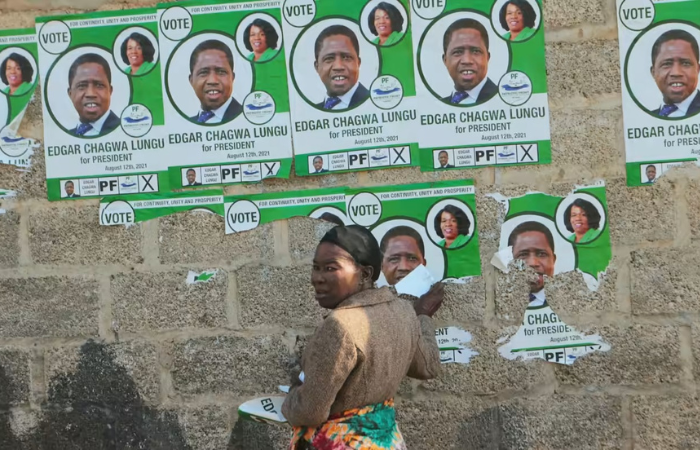
Political Party and Campaign Financing in Zambia

It is almost two years since Zambians went to the polls to cast their votes in the General elections. The political landscape was dominated by two political parties; the ruling Patriotic Front (PF) and opposition United Party for National Development (UPND).
Secrets Known this week analyses the state of the country’s Political Party and Campaign financing.The constitution of Zambia as amended in 2016 provides for regulation of political party and campaign financing, with Article 60(4) outlining the broad parameters for regulation. However, the subsidiary legislation required to give effect to this constitutional provision has never been enacted.
The Electoral Act (2016) has no provisions on the raising and expenditure of party funds. The Societies Act, under which parties are registered, requires that parties make some disclosure of their financial records to the Registrar of Societies, but places no restrictions on how money is raised or spent. The Registrar of Societies is not obliged to disclose these records unless he/she believes it is in the interest of party members to do so.
In 2003, a legislation to provide for the funding of political parties known as the Political Parties Fund Bill was introduced in the National Assembly. When the Bill passed its second reading in the House, with the unanimous support of the ruling Movement for Multiparty Democracy (MMD), the President, Levy Mwanawasa, rejected the measure. He argued that Zambia did not have the finances required to execute the provisions of the Bill.
The efforts to enact the law were revived in 2017 with the introduction of the Political Parties Bill that was presented to the national dialogue forum. This bill in 2017 hit a snag, revealing mixed reactions on the disclosure of sources of funds and beneficiaries of public funding of political parties whether be it by representation from parliament or all registered political parties in Zambia. The Political Parties Bill is critical as it will regulate, strengthen, monitor, and supervise political parties in the country with regards to financing of political activities.
There is also dominance of parties by wealthy members and donors with the absence of financial regulation and transparency that creates a real threat to the integrity of electoral and political processes that opens them up to corruption in Zambia.
Secrets Known advocates and calls for the government of Zambia to enact the constitutional provision by legislating on political party and campaign financing to promote electoral integrity and accountability in the country.


